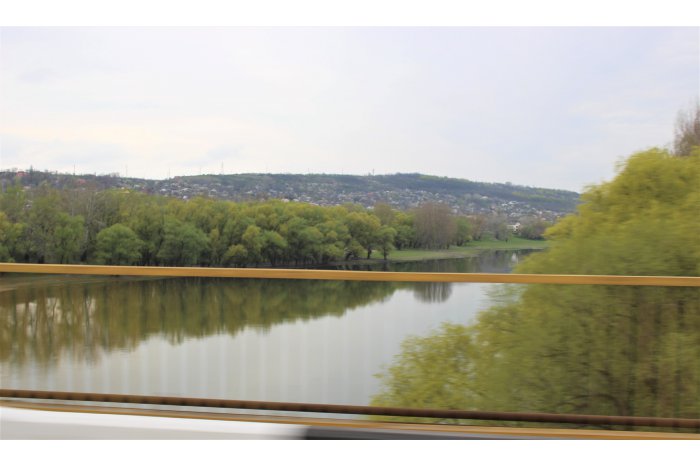Free movement to Transnistrian region extended till 1 July 2021
16:04 | 27.05.2021 Category: Official
Chisinau, 27 May /MOLDPRES/ - Tiraspol has extended till 1 July 2021 the term of ensuring the free movement to the settlements placed on the left bank of the Dniester river and the Bender city and at the exit from them, as a result of continuous demands on behalf of Chisinau, as well as of the tackling of the subject on the free movement in all current dialogue formats, including during a visit to Moldova by the Special Representative of the OSCE Chairperson-in-Office (24-25 May), the Reintegration Policies Bureau has reported.
Similarly with the period 30 April – 1 June this year, decision-makers exclude the compulsories of the preliminary coordination with the local ‘’crisis cells’’ of the entries/exits from the region and of the restrictions enforced on the period 17 March 2020 – 29 April 2021, but with the observance of the rules of individual protection/in public places.
At the same time, the officials/civil servants who are set to make private visits to the Transnistrian region can move freely and without written pre-notifications and getting the confirmation about the facilitation of the movement to the region – a mechanism agreed upon at negotiations in September 2019, but suspended by Tiraspol on the period March 2020-April 2021.
The message of the permanent ensuring and without conditions of the free movement regime between the settlements from both banks of Dniester, with the removal of all artificial obstacles, of the infrastructure of the unauthorized control posts and exclusion of any discriminatory approaches will be promoted by Chisinau in continuation in all present formats of talks on the Transnistrian settlement. Or the commitment of liquidating the impediments to the free movement is clearly decided in the Article 5, paragraph (1) of the Agreement on the principles of peaceful settlement of the armed conflict from Moldova’s Transnistrian region from 21 July 1992 and the protocol decision on certain aspects of the residents’ free movement from 27 February 2014.
photo: Reintegration Policies Bureau

